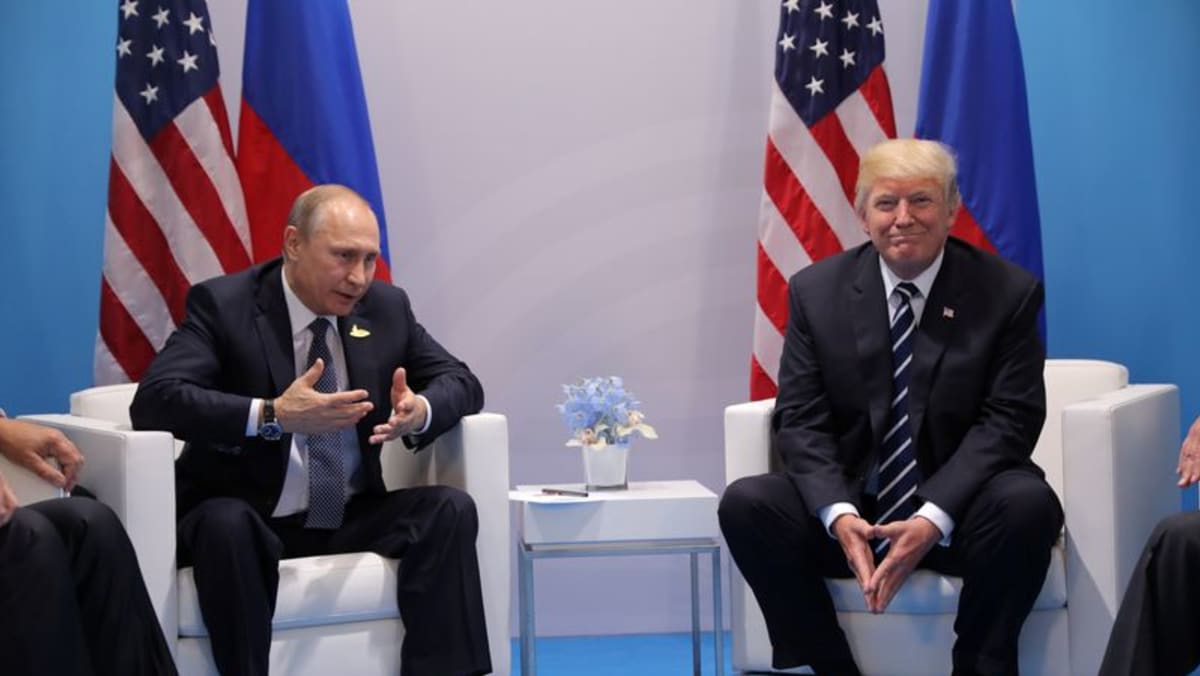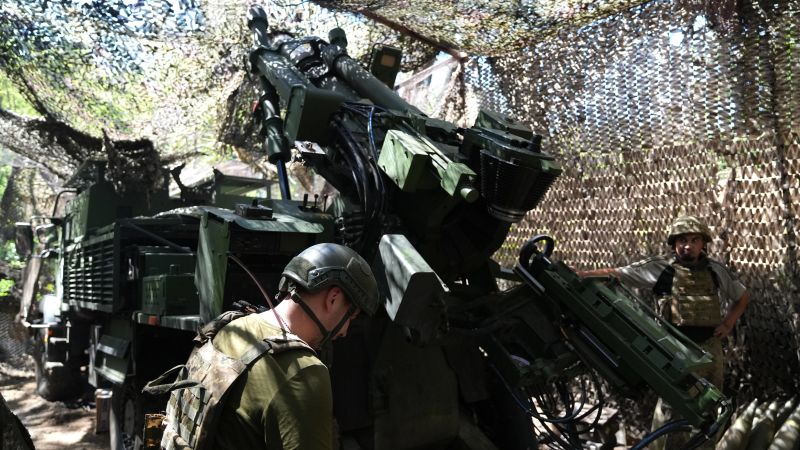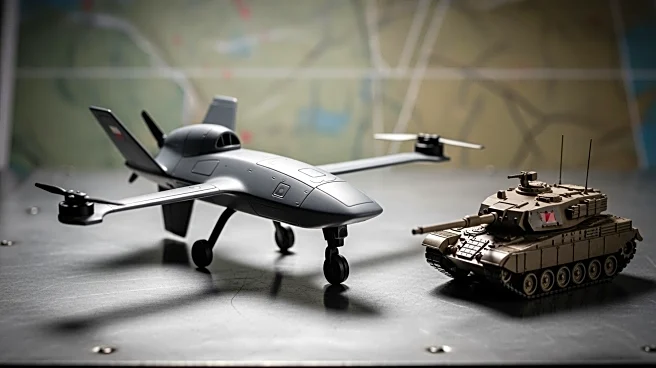The conflict between Russia and Ukraine is intensifying, with U.S. President Donald Trump’s recent remarks drawing sharp scrutiny and concern from global leaders. Reports reveal that Trump has privately
Did You Know
In Switzerland, it's illegal to own just one guinea pig because they're prone to loneliness.
?
AD
urged Ukrainian President Volodymyr Zelenskyy to consider using long-range weapons to target crucial Russian positions, including the capital, Moscow. This aggressive stance reflects a shift in U.S. foreign policy aimed at empowering Ukraine amidst relentless Russian assaults, though it raises significant questions about the potential for escalation in an already volatile situation.
In a demonstration of the muddled nature of diplomacy, Trump has simultaneously stated that Ukraine should not target Moscow. This duality illustrates the delicate balancing act the U.S. faces—supporting an ally while navigating the perilous waters of international relations. Meanwhile, the Kremlin has reacted harshly to Trump's threats, interpreting them as attempts to embolden Ukraine, thereby complicating already fragile peace discussions. As Russia positions itself for extended military action, Trump's ultimatum for a peace deal within 50 days exacerbates the urgency and anxiety surrounding the unfolding crisis.
At the heart of this conflict is not only the military dynamics but also the ethical questions surrounding foreign involvement. The narrative of Daniel Martindale, a U.S. citizen who aided Russian interests and was granted citizenship, further complicates perceptions of loyalty and trust. As the U.S. weighs its military assistance to Ukraine, including discussions of long-range missiles, the implications ripple far beyond the battlefield, influencing NATO alliances and global stability. Trump's decisions will resonate not just in Eastern Europe but also reshape the international landscape, prompting deeper discussions on intervention and collective security.
Q&A (Auto-generated by AI)
What are long-range missiles and their uses?
Long-range missiles are weapons designed to strike targets at significant distances, often exceeding 300 kilometers. They are typically equipped with precision guidance systems, enabling them to hit specific military or strategic targets. In the context of the Ukraine conflict, long-range missiles could be used to target Russian military installations deep within its territory, potentially shifting the dynamics of the war. Their deployment could enhance Ukraine's defensive capabilities and deter further aggression from Russia.
How has Trump's stance on Ukraine evolved?
Donald Trump's stance on Ukraine has shifted notably over time. Initially, he was criticized for appearing to favor Russia, but recent reports indicate he is considering sending long-range missiles to Ukraine as a deterrent against Russian aggression. Trump has framed this potential military support as a way to protect Ukraine without escalating the conflict, suggesting he aims to pressure Russia into peace negotiations while maintaining a tough stance against its actions.
What impact do sanctions have on Russia?
Sanctions imposed on Russia are intended to weaken its economy and limit its military capabilities. They can target key sectors such as finance, energy, and defense, restricting access to international markets and technologies. The Kremlin often responds by downplaying the effectiveness of these sanctions, claiming they embolden Russia to continue its military actions. However, sanctions can also create internal pressure for change, as economic hardships affect the populace and may lead to calls for political reform.
What is the historical context of US-Russia relations?
US-Russia relations have been historically complex, marked by periods of cooperation and intense rivalry. The Cold War era (1947-1991) defined much of this relationship, characterized by ideological conflict and military standoffs. Post-Cold War, there were attempts at collaboration, but tensions resurfaced with Russia's annexation of Crimea in 2014 and its involvement in Ukraine. Current dynamics are influenced by issues such as NATO expansion, cyber warfare, and differing geopolitical interests, complicating diplomatic efforts.
How does military aid affect Ukraine's defense?
Military aid significantly bolsters Ukraine's defense capabilities against Russian aggression. It provides essential equipment, training, and intelligence support, which enhance the Ukrainian military's operational effectiveness. Long-range missiles, for instance, could enable Ukraine to strike back at Russian forces more effectively, potentially deterring further attacks. The infusion of military resources also signals international support, which can boost morale among Ukrainian troops and the civilian population.














